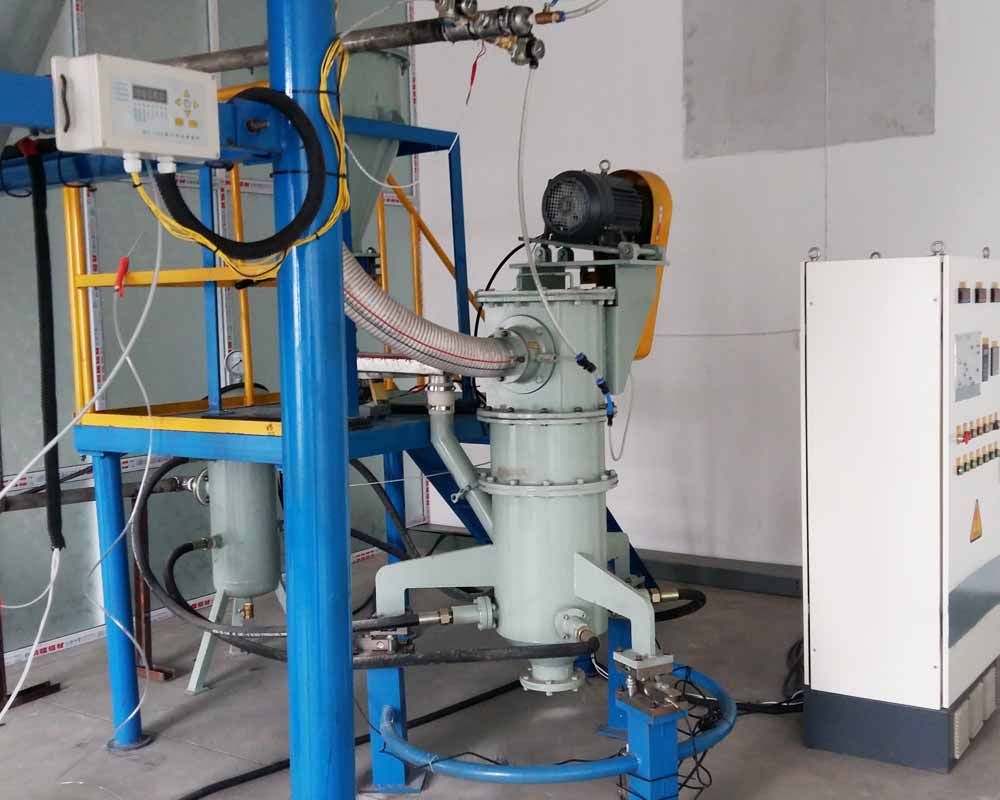What are the factors affecting the fineness of the jet mill
In recent years, with the development of technology, new industries have brought a ray of life. Many chemical industries and applications of ultra-fine pulverization of polymer materials (such as carbon black) will use airflow ultra-fine pulverizers. The airflow superfine pulverizer has many advantages. Under the action of the airflow, the material itself can collide to achieve the required fineness, thus ensuring the purity of the material. The better the brittleness of the material, the finer the crushing process, the greater the output.
Jet mill, also known as jet mill, jet mill or fluid energy mill, is a device that uses the energy of airflow (300-500m/s) or superheated steam (300-400℃) to pulverize solid materials. As one of the commonly used ultra-fine grinding equipment, jet mills are widely used in ultra-fine grinding and dispersing forming of ultra-hard materials such as chemical materials, medicines and foods, and metal powders.

The jet mill has a wide range of crushing particle sizes and is simple and convenient to operate. However, in the crushing process, the crushing effect is often different. The crushing effect of the jet mill is mainly affected by the following factors: gas-solid ratio, feed particle size, temperature and pressure of the working fluid, and crushing aids.
- Gas-solid ratio
The gas-solid ratio of the jet mill during smashing is an important technical parameter and also an important index. If the gas-solid ratio is too small, the kinetic energy of the air flow will be insufficient, which will affect the fineness of the product. However, if the gas-solid ratio is too high, not only energy will be wasted, but also the dispersion performance of some pigments will be deteriorated.
- Feed size
When crushing hard materials, there are also strict requirements for the particle size of the feed. As far as titanium powder is concerned, it is necessary to control 100-200 mesh when crushing the calcined material; the material after crushing surface treatment is generally 40-70 mesh, not exceeding 2-5 mesh.
- Working fluid temperature
When the temperature of the working fluid is too high, the flow rate of the gas will increase. Taking air as an example, the critical speed at room temperature is 320m/s. When the temperature rises to 480℃, the critical speed can be increased to 500m/s, that is, the kinetic energy increases by 150%. Therefore, increasing the temperature of the working fluid is beneficial to improve the crushing performance. Effect.
- Working fluid pressure
The pressure of the working fluid is the main parameter that produces the jet flow velocity, and it is also the main parameter that affects the pulverization fineness.
Generally speaking, the higher the working fluid pressure and the faster the speed, the greater the kinetic energy. The crushing pressure mainly depends on the crushability and fineness requirements of the material. For example, when superheated steam is used to pulverize titanium powder, the vapor pressure is generally 0.8-1.7MPa, while the pulverized and calcined material is generally higher, and the surface-treated material after pulverization can be lower.
Jet mills are widely used in chemical, mining, abrasives, refractory materials, battery materials, metallurgy, building materials, pharmaceuticals, ceramics, food, pesticides, feed, new materials, environmental protection and other industries and the ultrafine grinding of various dry powder materials. Dispersion and particle shape shaping have been widely used.
